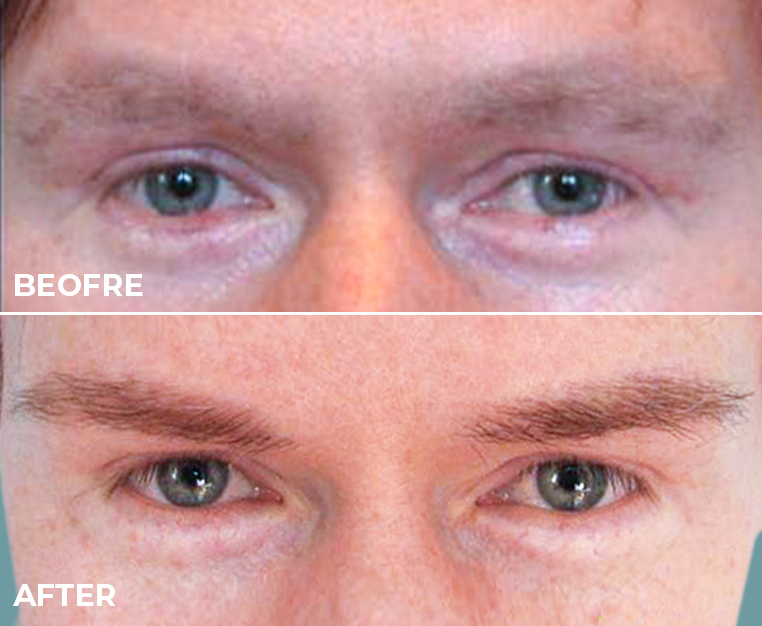Hair loss has an impact on both your looks and your self-esteem. It is a widespread problem that affects 67 per cent of males and 24 per cent of women, according to a study. The most common cause of hair loss is male or female pattern baldness.
Hair loss can also indicate the presence of various health issues in the body, such as thiamine deficiency. Thiamine is the technical term for vitamin B1.
The B vitamin class is essential for overall health, but thiamine stands out as one of its most important nutrients. One reason for this is that vitamin B1 is particularly beneficial to hair health. Let’s look at the specifics of vitamin B1 for hair and how a lack of it can damage your mane.
What Exactly Is Thiamine?
All of the B vitamins are beneficial and necessary for optimal health. B1 or thiamine is essential for a healthy metabolism and the growth and function of your body’s cells. It is often found in the better-quality hair vitamin supplements because it is particularly vital for hair cells.
Muscle weakness, fatigue, nerve damage and hair loss are all symptoms of vitamin B1 deficiency. If you’re experiencing any of these symptoms and are concerned you may have a vitamin B1 deficiency, then soy, eggs, nuts, lean meats, carrots, cereals and multivitamin supplements are all excellent sources of thiamine. Like the rest of the B vitamin family, thiamine is water-soluble.
What Is The Function Of Thiamine?
Vitamin B1 is undeniably vital for a variety of processes. It aids in manufacturing adenosine triphosphate (ATP), amino acid synthesis and nicotinamide adenine dinucleotide phosphate hydrogen (NADPH) formation. Vitamin B1’s participation in these processes, like other B-complex vitamins, is essential to support claims that it can prevent hair loss.
Five Benefits Of Thiamine For Hair Growth
Thiamine doesn’t just prevent hair loss. It can help with hair renewal as well. Your body’s metabolism deteriorates as you get older, inhibiting hair growth. Your hair also becomes more fragile due to environmental factors. Using a B vitamin supplement is one of the best ways to avoid this. Here is why:
Good Hair And Healthier Nerves
Vitamin B1 is good for the health of your nervous system. What does this have to do with hair growth? Nerve damage causes the signalling between cells in your body to be disrupted, meaning that your hair cells do not grow to their full potential. Thiamine prevents this by protecting nerves.
Antioxidant Qualities
Vitamin B1 has substantial antioxidant properties. This protects your hair follicles and other bodily tissues from free radical damage. This becomes more important as you get older, as your body generates more free radicals. Thiamine can help prevent this and, in the process, keep your hair looking healthy and smooth.
Metabolic Health
Thiamine plays a crucial role in energy metabolism. It helps ensure that your metabolism is on track and that your hair and scalp receive the nutrients they need. You must remember that your hair is a high-maintenance material that demands a lot of nourishment. You may experience hair loss if you don’t get enough vitamin B1 since your hair won’t acquire all the nutrients it needs to be healthy.
Stress Relief
Excessive stress can lead to dry, fragile hair and even hair loss. This is due to the impact of the stress hormones that are released in your body. Thiamine calms your body and brings about a reduction in anxiety. If you feel calm and balanced, your metabolism begins to perform more efficiently, raising your energy levels.
Fights Brittle And Fragile Hair
Thiamine helps in the prevention of blood vessel constriction. This improved blood flow allows more oxygen and nutrients to reach your hair, allowing it to grow strong, lustrous, and vibrant. Blood vessels that are closed or narrow impede blood flow, causing your scalp to dry up. A dry scalp causes dandruff and causes your hair to lose moisture, making it dry and brittle.
Conclusion
While hair loss can be due to a vitamin B1 deficiency, it’s essential to discuss your symptoms with a specialist before jumping to conclusions. A doctor can check for vitamin deficiencies, propose diet and supplementation and possibly prescribe other treatments. It’s also possible to have many forms of hair loss simultaneously, so getting an appropriate diagnosis is crucial. Knowing how and where to get thiamine can also help.
If you have any concerns about hair loss or thinning, Vinci Hair Clinic is on hand to help with the diagnosis and treatment of your condition. Contact us today to book your free, no-obligation consultation!


